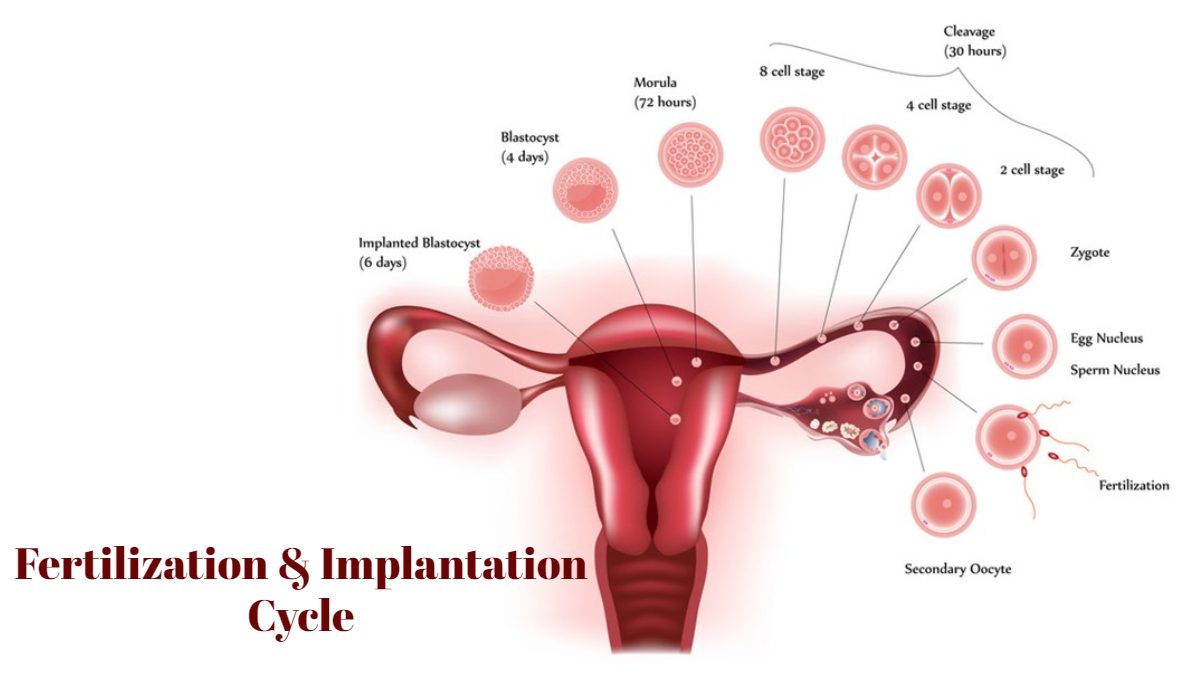Contraceptive Counselling Services
Over the years, the number of unintended pregnancies globally has increased to a dramatic level. This higher number of pregnancies has affected women and families and healthcare systems and policies across countries. Unintended pregnancies mostly occur in women belonging to minority groups and women of lower economic stature. Their stature, accompanied by their lack of opinion and voice, has further fuelled the massive pregnancy count.
The lack of information about contraceptive methods and inconsistent use of pregnancy avoidance methods is also a reason for high pregnancies. In minority and backward situations, often, the womenfolk lack adequate knowledge of proper contraception and pregnancy avoidance methods. In such a state, contraceptive counselling is an effective remedy!
It is essential to promote contraceptive counselling to help women and families of every ethnicity and socio-economic stature improve and plan pregnancies effectively. Contraceptive counselling is a counselling method provided by trained healthcare experts who aim to reduce the unintended pregnancy rates across countries by encouraging women, men, and couples to choose a proactive contraceptive method by their pregnancy goals preferences.
State of Contraceptive Counselling
There have been several studies around aspects of family planning both in developed and developing countries. These studies highlighted the contraceptive counselling interactions has primarily been provider-dominated, with less to no engagement between women and the counsellors in contraceptive method selection. Also, often the counsellors fail to deliver personalized counselling that suits the woman’s requirements and specifications. In a much backward scene, many women become apprehensive of using the contraceptive methods or even visit the contraceptive counselling center due to the lack of information or taboo surrounding it. Although there is an urgent need for contraceptive counselling across countries for promoting women’s health, there have been several barriers to it. Some of them include lack of adequate knowledge, improper counselling training, misguided information about a patient, reluctance to the methods, and many others.

Best Practices of contraceptive counselling
Developing close personal relationships
It is essential to build a close interpersonal relationship with couples and women in particular. Often people are hesitant to talk about sensitive and personal contraception and practices for the same. Building an interpersonal relationship, efficient communication, and a friendly relationship is crucial for successful contraceptive counselling. Studies on family planning suggest that a good relationship is often perceived as appropriate by patients and leads to a better counselling experience, both for the counsellor and the visitor.
Trust Factor
Trust is a crucial thing in contraceptive counselling. The counsellor should be trustworthy enough for the couple or the woman to disclose their personal preferences and thoughts. Patients often have misconceptions and queries about contraceptive methods, their side effects, and related concepts. If the visitor has doubts about the counsellors’ willingness and doubts, they would never disclose their queries or thoughts. This lack of trust will harm the women’s choice to use contraception, and the whole counselling program will go in vain.
Effective decision making
A crucial aspect of the contraceptive counselling process is the counsellor’s ability to promote a healthy decision for the couple or the woman. The counsellor and the visitor should communicate well to choose the best contraceptive method for the visitor as per their choice. As the contraceptive choice is a strictly personal decision and relates to the person’s severely intimate issues, the counsellor should engage inefficient communication with the right information to change the thought process and help them decide on the contraceptive method. The counsellors need to be non-judgmental and give objective information to select the contraceptive method and make sure the woman is not wrongly influenced. The counsellor should be the information giver, help people identify the efficient contraceptive method as per the preferences, ensure the preferences are not backed by misinformation and help the visitors take the right decision.
Counselling on side effects and risks
The counsellor needs to give information on all the broader aspects of contraception to ensure a successful counselling process. The visitors should be educated about the methods of contraception and related side effects and risks of the methods. This would help the woman to decide the contraceptive methods more efficiently. Giving information about the side effects and risks of contraception methods is vital for women to make efficient and informed decisions. Once the contraceptive method is decided, the couple or the woman must receive more guidance on the side effects. When counsellors talk about the side effects, they should make sure that the information they provide is evidence-based, research-based, and sufficient.
Inform about contraceptive effectiveness. In addition to dissemination information about contraceptive types and side effects, it is also essential that the counsellor informs the person about the methods’ effectiveness. The counsellor should do this in an informative and meaningful way for the students to understand better. The counsellor can use identified trial methods, visual aids, effective oral communication, and audio-visual aids.
Address barriers to regular contraceptive usage
Often we can see that women stop the use of contraceptive methods after a certain period. In such a case, the counsellor should use strategies to promote regular use of contraceptive methods. One such strategy is ‘contingency counselling,’ where counsellors ensure consistent counselling sessions in the future at specific periods.
Counsel about dual protection methods
When it comes to contraception, it doesn’t only apply to women but men too. As such, the counsellor should give information about the active use of condoms as proper contraceptive tools for men.
Disparities in contraceptive counselling
- Racial disparity
- Ethnic disparity
- Minority groups
- Narrow perceptions of people
- Discrimination
Contraceptive counselling is essential in the present-day world to control unintended pregnancies and promote better healthcare and women and families’ lifestyles. Contraceptive counselling is a great way to empower womenfolk who don’t want a pregnancy and want birth control.
















